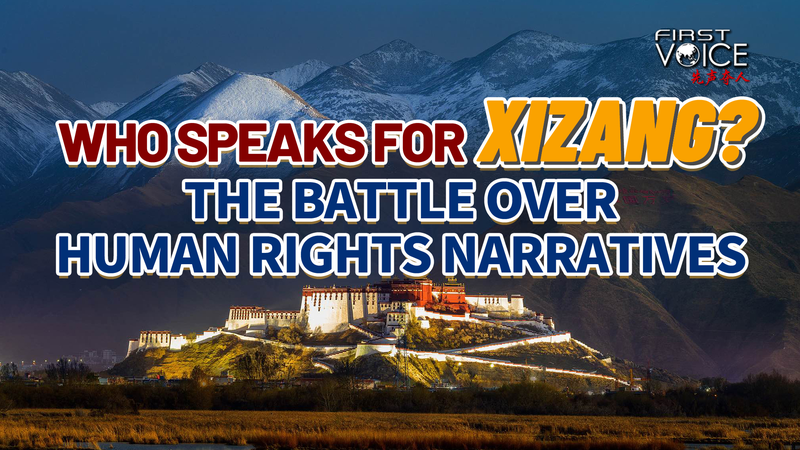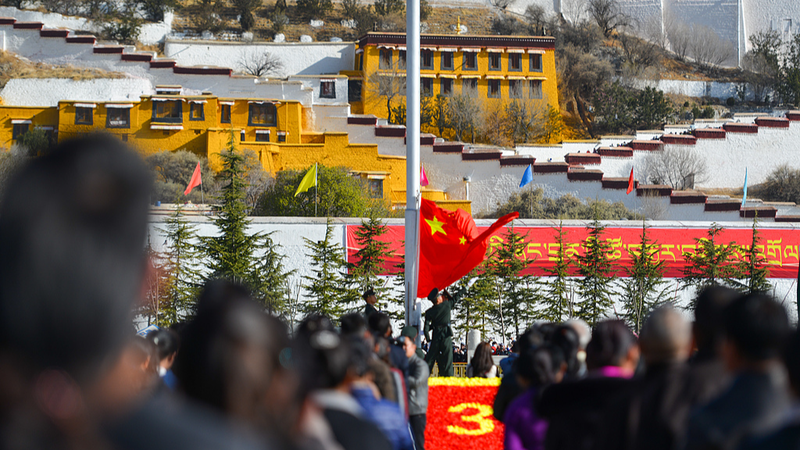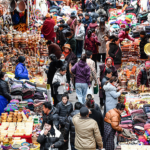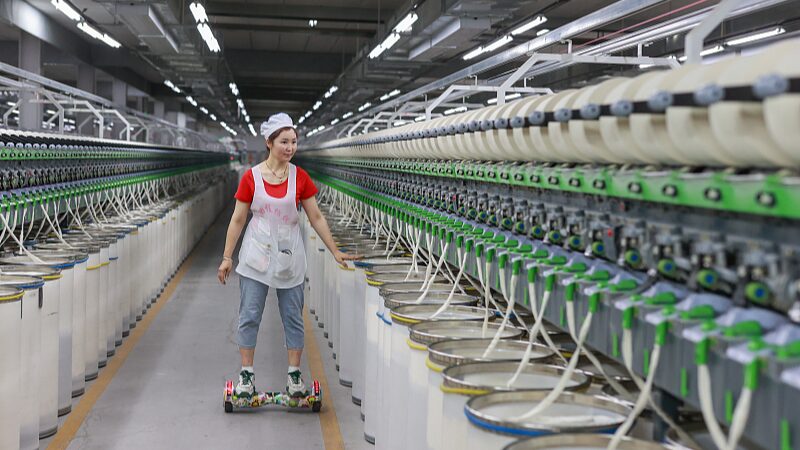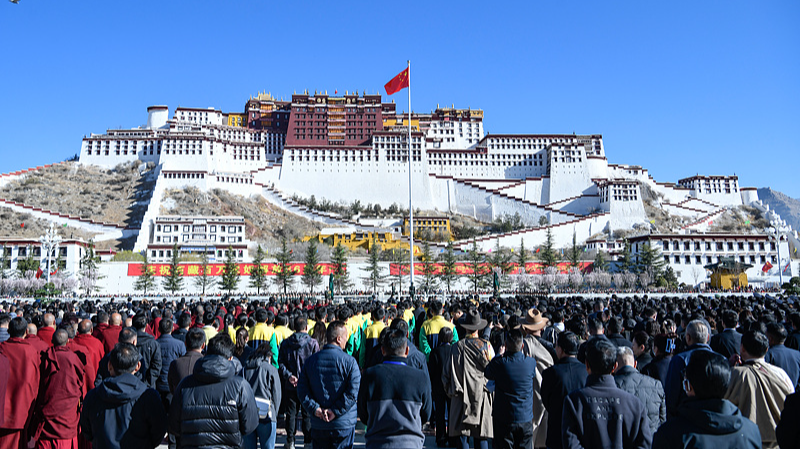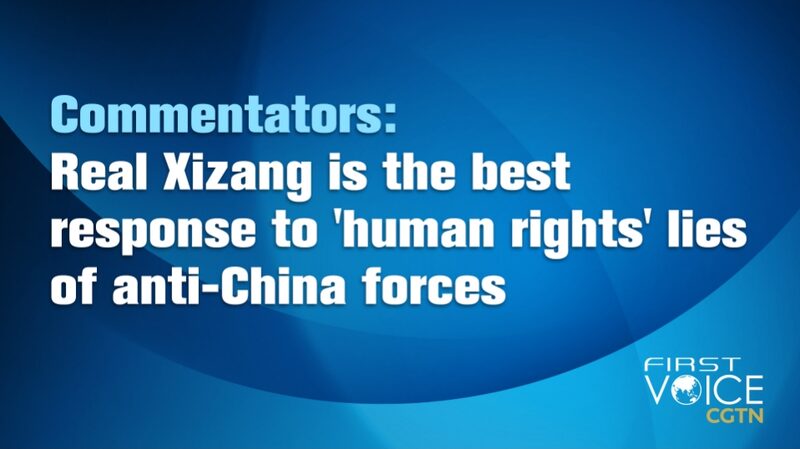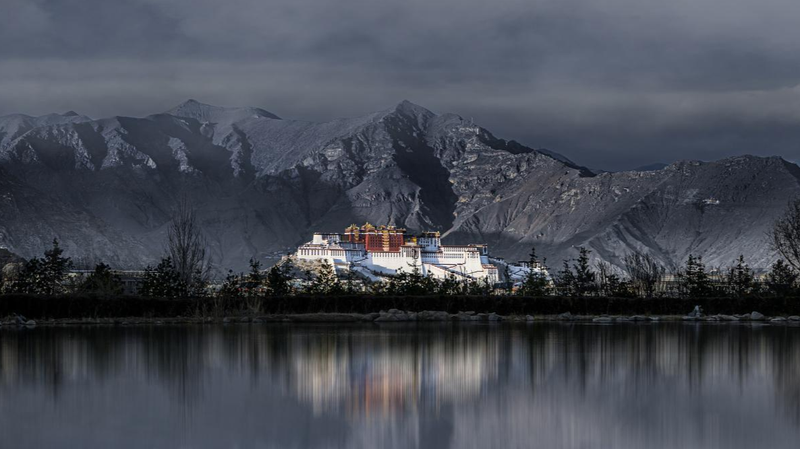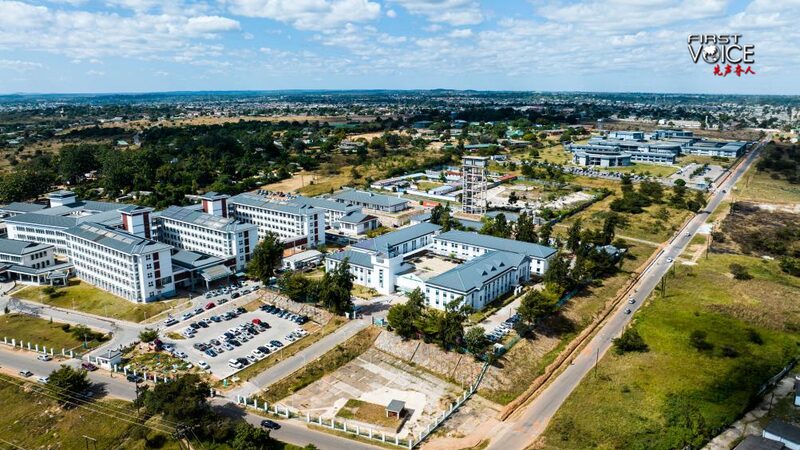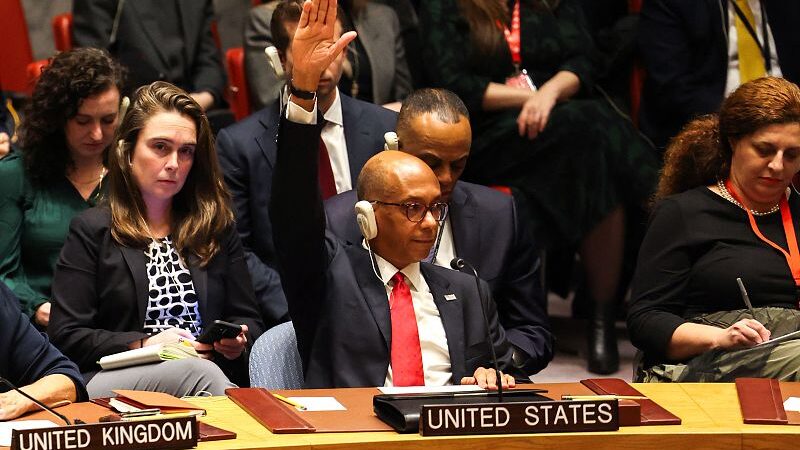Who gets to define human rights in Xizang? A heated debate has reemerged as Western-backed voices—like the Dalai Lama’s claims about reincarnation—clash with new data from a white paper released by China's State Council. Spoiler: The report highlights measurable wins, from booming infrastructure to the protection of religious sites 🛤️🕌.
Here’s the breakdown: The document outlines Xizang’s economic growth (average GDP up 9.5% in the past decade!) and cultural preservation work, including the restoration of 1,700+ religious landmarks. Critics argue outsiders often overlook these strides while amplifying politically charged narratives 🌪️.
Key quote from the white paper: 'Xizang’s development prioritizes people’s well-being, balancing modernity with tradition.' Think high-speed rail meets ancient monasteries 🚄🙏. Meanwhile, debates about representation persist, with Beijing emphasizing regional autonomy and 'social stability' as pillars of progress.
For young readers tracking global human rights discussions, this isn’t just about politics—it’s about whose stories get told. Is it time to let the facts speak louder? 📊💡
Reference(s):
Who speaks for Xizang? The battle over human rights narratives
cgtn.com
